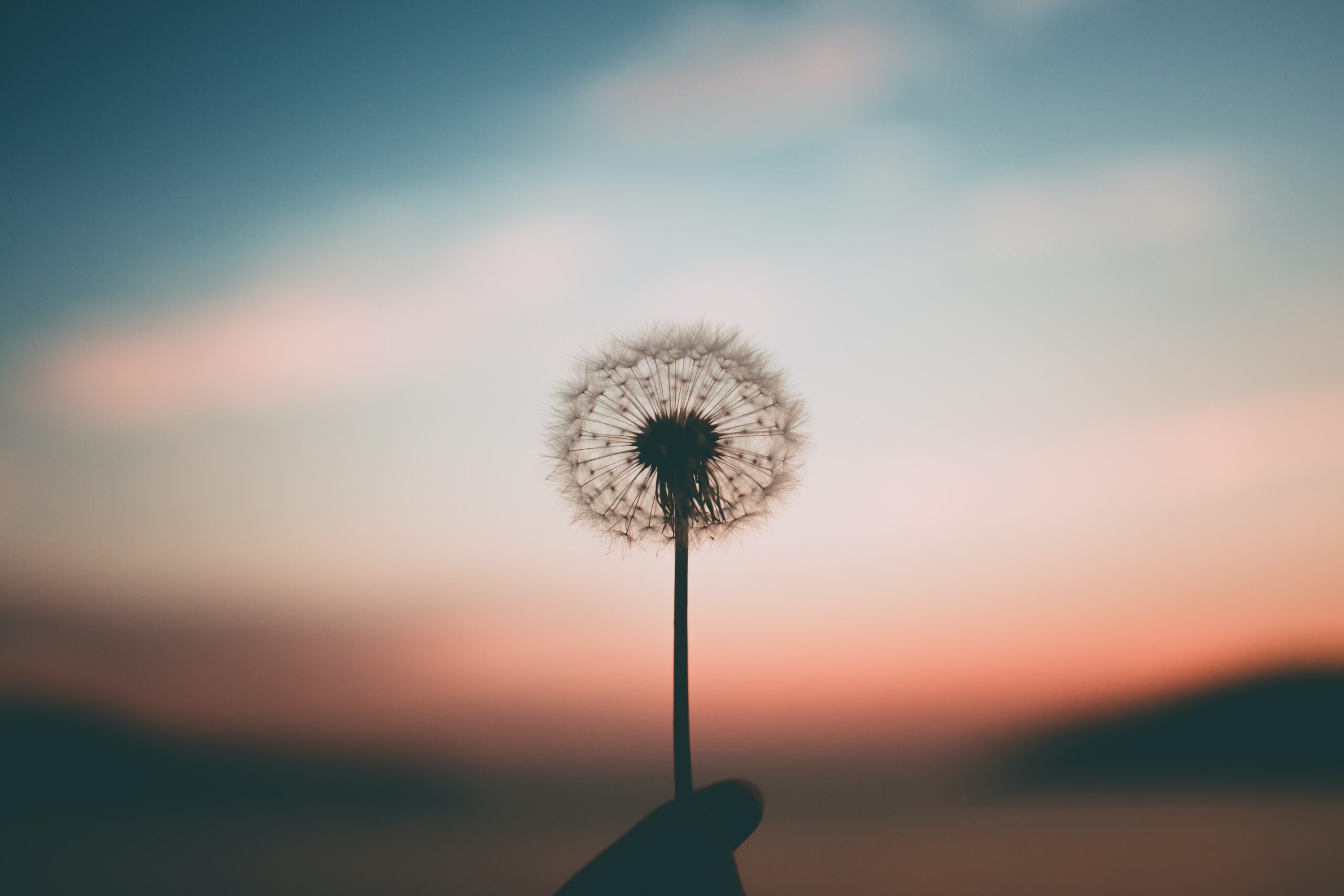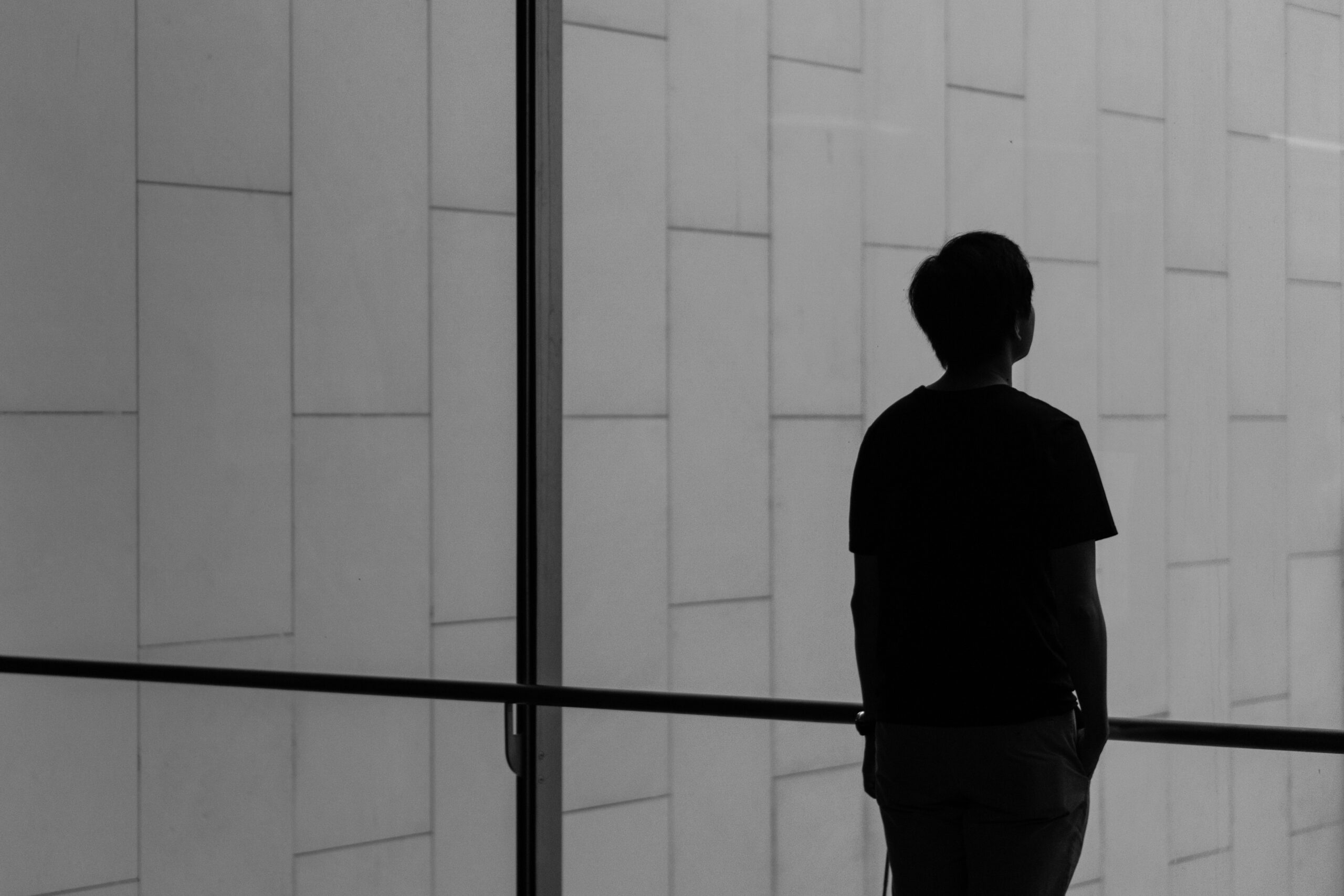Breakups, in all their tumultuous nature, are among the most challenging experiences we face as human beings. The intense surge of emotions – sorrow, anger, confusion, and at times, a devastating sense of loss – can make us feel as though the world has come to a standstill. The physical strain, often manifesting in sleepless nights, a restless mind, and an aching heart, only adds to the weight of the emotional upheaval.
And now you’re sitting here wondering how to distract yourself after a breakup. While navigating this rocky terrain, it’s essential to find moments of distraction and relief. The 5 things you can do to distract yourself after a breakup are: making plans with friends, reigniting passion for your hobbies (or discovering new ones), engaging in healthy activities like exercise, creating a vision board, and exploring mindfulness and meditation practices.
I’m navigating a breakup myself right now, so I deeply empathize with what you’re going through. And while it’s crucial to allow ourselves to feel the array of emotions that come with heartbreak, it’s equally important not to get stuck in these feelings of sadness and suffering. We want to feel these emotions, we don’t want to drown in them.
Remember: these distractions aren’t about denying or escaping our feelings, but offering brief respites that can grant us the strength and clarity to heal and move forward.
Table of Contents
Distract Yourself From The Pain, But Not From Feeling Your Emotions
I’d like to start off by saying that the distractions listed below – and distractions overall – shouldn’t be used to not feel your feelings. Distractions should be used to give you moments of relief and peace amidst the pain. Going through a breakup is incredibly difficult both mentally and physically. The important thing, however, is that you go through it, not distract yourself from it.
Unhelpful (and long-term painful) distractions include things like:
- Suppressing your feelings and not feeling anything
- Alcohol, drugs, other substances
- Binge-watching tv shows/movies/videos or constant gaming
- Parties, back-to-back social events, constantly being surrounded by others
You get the gist. Getting short-term relief by distracting yourself with substances or social events isn’t a way to truly heal. You’ll simply push down your feelings and your pain until it comes out at a later stage.
Feeling your feelings is important, even though it sucks in moments like these. But if you wan’t to heal long-term and get through this experience, you gotta put in the work and feel your feelings. (Sorry, that’s probably not what you wanted to hear when you clicked on an article that said “How to distract yourself after a breakup“)
So: go ahead and distract yourself. Just make sure you’re doing it in order to give yourself a break and relief, not so you can ignore and not deal with this experience.

How To Distract Yourself After a Breakup
1. Make Plans With Friends
In moments of difficulty and pain is when we realize how important friendships are. I see it often (and have done this myself, too), that when someone gets into a new relationship – they spend so much time with their new significant-other, they forget to invest time into their friendships.
Now… what happens if that relationship ends? Who’s got your back when you’re going through a difficult time?
As important as it is to grieve, feel your feelings, and process your breakup, it is as important to seek social support and spend time with those that love you and care for you. As they say: “no man is an island”. We need other people, we rely on other people!
This is a moment for you to lean on your closest friends or family members. Allow them to comfort you and support you. Cry on their shoulder if you need to. However, don’t forget to also make some happy-plans! Go see a movie, go out for dinner, book a concert, go for a nice walk or run.
As I go through this difficult process myself, I’m reminder just how much I love people. How much I love my friends and my family and their love and support. I’ve been sitting in my sad-feelings for a few weeks now, but I’ve also made some fun plans that I can look forward to.
Get involved in life, get involved in activities with your friends. As we isolate ourselves and grieve the loss of our partner and our life together, it can feel like we have no one else in the world. It can feel as if we’re all by ourselves.
Go out and reconnect with people that are closest to you. Even thought this is a difficult time, you can still find moments of joy and laughter.
2. Reignite passion for your hobbies (or discover new ones!)
Hobbies aren’t just ways to pass time or indulge our interests; they possess an innate ability to heal. Engaging in a hobby we love, or delving into a new one, offers a sanctuary of solace during challenging times.
Immersing ourselves in activities that genuinely intrigue and excite us creates a therapeutic diversion from the emotional chaos ensuing from breakups. This sense of engagement allows our minds to focus on the present, drawing our attention away from past regrets or anxieties about the future.
(By the way: watching Netflix or scrolling through social media is not a hobby!)
Our hobbies, past or present, often hold a mirror to our identity and individuality. In the aftermath of a breakup, it’s not uncommon to grapple with questions of self-worth and identity. This makes it even more imperative to have hobbies, as they ground us in our uniqueness and passion. They offer a reaffirmation of who we are beyond the context of a relationship.
Diving back into a past hobby or passion can instill a sense of familiarity and self-assuredness. It’s a gentle reminder that there’s a version of you that exists independently, not tied to your past partner or relationship.
As I’ve been going through my breakup, more than ever I am leaning on on fitness and sports for stability. Sports have been at the core of me for over a decade. Therefore, when things feel overwhelming and out of control, I know that when I lace up my sneakers and go for a run, or hit the gym, I will at least feel some sense of control and confidence in who I am.
But what if you haven’t yet discovered a hobby that truly resonates with you? Or perhaps you feel the need for a fresh start? Exploring new hobbies can be equally, if not more, enriching. It becomes a journey of self-discovery, opening doors to parts of yourself you might’ve never known existed.
In the wake of a breakup, trying something new offers a double advantage: Not only do you gain the benefits of engaging in a hobby, but you also experience the thrill of stepping out of your comfort zone. Here is a list of 1000+ hobbies. Perhaps this will give you a spark to try something new.

3. Engage In Healthy Activities Like Exercise
I knooow, I know. You probably want to just sit on the couch, eat ice cream, and distract yourself with movies or tv shows. And hey – that is very much needed as well. I love a good couch-crying-tv-binge.
However, it’s important that this doesn’t become our go-to distraction or coping mechanisms. Your body and mind are already going through a lot – wouldn’t you want to have a healthy distractions that makes you feel happier + more confident?
Whether exercise has been part of your routine already or it hasn’t, this transition is a good place to start. Physical activity, you see, isn’t just about sculpting our bodies, but more about shaping our minds and spirits.
When we exercise, our bodies release endorphins, often referred to as “feel-good hormones.” These little miracles not only act as natural painkillers, but they also play a crucial role in uplifting our mood. So while those initial moments of lacing up your sneakers or unrolling that yoga mat might feel like a Herculean task, the wave of contentment and clarity that washes over post-exercise makes it all worth it.
Nutrition, too, cannot be emphasized enough. Breakups can either leave us with no appetite or seeking solace in junk food, but nourishing our body with healthy food choices can be the silent support system we often overlook.
So, the next time you want to distract yourself by sitting on the couch and scrolling tik tok, remember: healthy activity can be your ticket to healing. Go get your heart rate up!
4. Create A Vision Board
I’m a sucker for vision boards. I’ve been creating them since I was 13 years old and it’s one of my favorite activities. If you’ve never created a vision board before – a breakup is a great reason to start!
Your life is going to look very different from the way it was. Dealing with the loss of your partner, your future together, and perhaps even your home, is challenging. In moments like these, however, it’s important to remind yourself that you still have your whole life ahead of you.
So… why not distract yourself by dreaming about your future? (Note: I don’t advise doing this the next day after your breakup. It’ll be too painful and won’t feel right. Allow yourself some time after the breakup to feel well enough to dream about your new future).
A vision board can be anything that you would like it to be! You can do it digitally, or better yet, on a piece of paper or in a notebook. Get yourself a lot of colorful pens, markers, glue, scissors, and magazines. You can also find a bunch of inspiring words or pictures online and print them out.
Look at the blank canvas in front of you – a blank piece of paper. Don’t hesitate, don’t censor yourself, and write, paint, draw, glue everything and anything that inspires you and that you would like to have or experience. Don’t hold back!
For more detailed instructions on how to create a vision board, check out my article “How To Release Attachments After A Breakup”. In point #2 I go a bit more in-depth into creating a vision board.

5. Explore Mindfulness and Meditation Practices
In the midst of the emotional turmoil following a breakup, the mind tends to get caught in a whirlwind of memories, regrets, and what-ifs. This chaotic internal chatter can be both overwhelming and exhausting.
Enter mindfulness and meditation practices – techniques that, over time, can offer a respite by anchoring the mind and drawing it away from the relentless ebb and flow of emotions. With regular practice, meditation promotes a sense of inner calm and peace, allowing one to find stillness even when surrounded by chaos.
But the benefits of meditation go beyond just momentary peace. It gradually instills the ability to observe thoughts and feelings without judgment or attachment. This observational vantage point provides a deeper understanding of our emotions, fostering acceptance of the present moment, however painful it might be.
By fully accepting and confronting our feelings, we pave the way for genuine healing. Instead of suppressing or running away from the pain, we learn to sit with it, understand it, and ultimately, move through it.
Furthermore, the practice of mindfulness serves as a constant reminder of the impermanence of all things, including pain and suffering. By grounding ourselves in the present, we begin to understand that just as moments of happiness come and go, so too will moments of pain.
This perspective can be incredibly empowering, transforming meditation from a mere distraction to a vital tool for healing and growth, one that can guide us as we navigate the complex journey of moving on and rediscovering joy.
I’ve been an avid meditator for over 15 years, but it is in moments like these when I really double-down on this practice. Not only has it helped me feel my emotions, but it has also served as a calming distraction.
Take Care Of Yourself
If you’re reading this article, it’s very likely you’re currently going through a breakup. (Otherwise…. I don’t know? You simply enjoy reading articles about breakups?)
I want to say that my heart goes out to you and I hope you find peace and healing in the long-run. Allow yourself to feel the feelings and go through this pain. At the same time… use the above distractions for moments of relief.
In case you’re interested in a practise that can help you work through your feelings and help you see the bigger picture, consider checking out my class “Documenting Your Life’s Story”. Because at the end, this experience will be a part of your story. Not the whole story.
